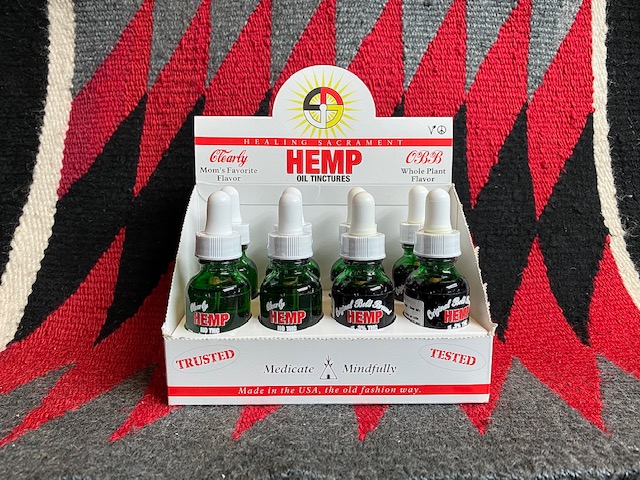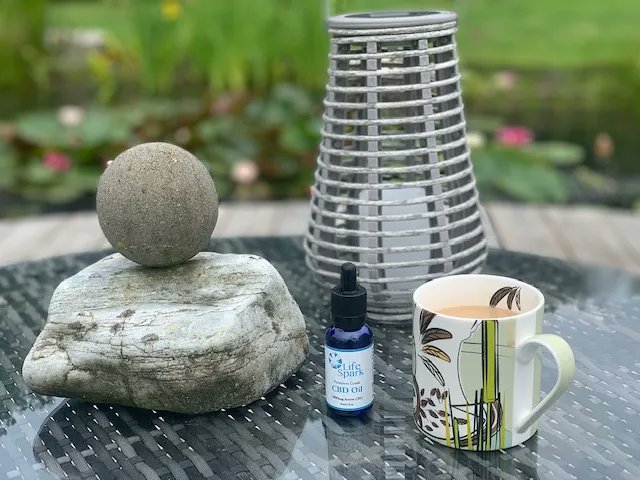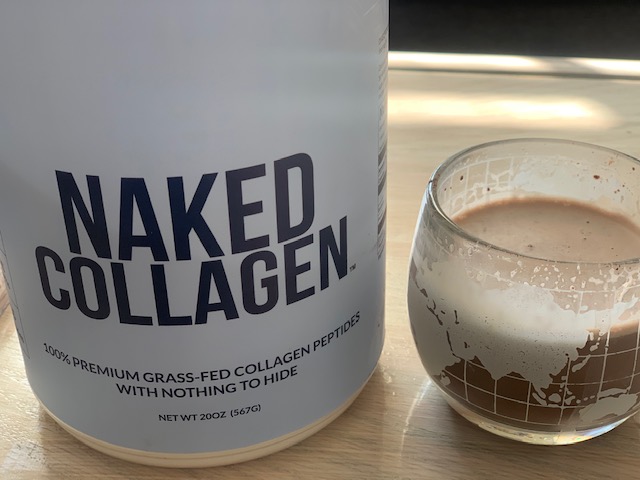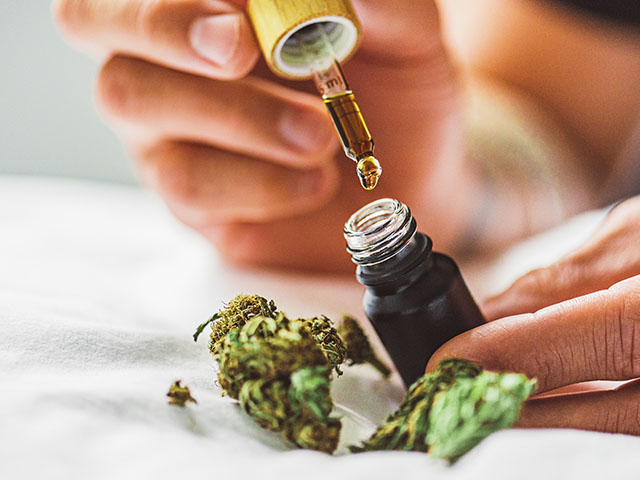CBD and Anxiety
In recent years, the potential benefits of CBD (Cannabidiol) in managing anxiety have garnered significant attention. As anxiety disorders affect millions of people worldwide, individuals are increasingly searching for natural remedies to complement traditional treatments. In this blog post, we will delve into the science behind CBD and anxiety, exploring how this non-intoxicating cannabinoid may offer relief to those struggling with stress and anxiety.
Understanding Anxiety and Its Impact
Anxiety is a normal human emotion, experienced by everyone from time to time. However, for individuals with anxiety disorders, these feelings become overwhelming, persisting for extended periods and interfering with daily life. Symptoms of anxiety can range from excessive worry and fear to restlessness, insomnia, and even physical manifestations like rapid heartbeat and sweating.
Traditional Treatments for Anxiety
Traditional treatments for anxiety often involve pharmaceutical medications, such as benzodiazepines and selective serotonin reuptake inhibitors (SSRIs). While these drugs can be effective for some individuals, they also come with potential side effects, including drowsiness, addiction, and reduced cognitive abilities. As a result, many people are now seeking natural alternatives, leading to increased interest in CBD.
CBD: An Overview
CBD is a chemical compound found in the hemp plant, known as a cannabinoid. Unlike its cousin THC (tetrahydrocannabinol), CBD does not induce the characteristic “high” associated with hemp use. Instead, it is valued for its potential therapeutic properties without the psychoactive effects.
CBD and the Endocannabinoid System
To understand how CBD interacts with our bodies, we must explore the endocannabinoid system (ECS). This complex network of receptors and neurotransmitters plays a crucial role in regulating various physiological processes, including mood, sleep, and pain perception. CBD interacts with ECS receptors, modulating their activity and promoting balance, potentially leading to a sense of calm and relaxation.
CBD and Anxiety: The Scientific Evidence
The scientific community has shown considerable interest in exploring the potential of CBD as an anxiolytic (anxiety-reducing agent). Several studies have demonstrated promising results, with CBD showing the potential in reducing anxiety-related behaviors in both animals and humans.
In a notable 2019 study published in the “Journal of Clinical Psychology,” researchers found that CBD significantly reduced anxiety scores in individuals with generalized social anxiety disorder. Another study published in the “Journal of Psychopharmacology” in 2020 reported that CBD may alleviate anxiety associated with public speaking.
Furthermore, preclinical studies on animal models have shown that CBD might interact with serotonin receptors in the brain, similar to SSRIs. This action could be one of the ways CBD exerts its anti-anxiety effects, by boosting serotonin levels, known as the “happy neurotransmitter.”
CBD as a Sleep Aid: The Indirect Impact on Anxiety
It is no secret that anxiety and sleep disorders often go hand in hand. Fortunately, CBD may address both concerns. By promoting relaxation and easing racing thoughts, CBD can potentially improve sleep quality, which, in turn, can lead to reduced anxiety levels during waking hours.
A 2019 study published in the “Permanente Journal” reported that adults with anxiety and sleep issues experienced significant improvements in sleep scores after using CBD. The participants reported better sleep patterns and reduced anxiety over time.

CBD Delivery Methods
CBD products are available in various forms, including oils, tinctures, edibles, capsules, creams, and vape cartridges. Each delivery method offers distinct advantages, with factors like bioavailability and onset time varying between them. For example, sublingual administration (placing CBD oil under the tongue) allows for faster absorption compared to edibles, making it a preferred option for individuals seeking immediate relief.
Safety Considerations
While CBD is generally well-tolerated, it is essential to consider potential interactions with other medications. It is always advisable to consult with a healthcare professional before incorporating CBD into your routine, especially if you are taking other medications or have underlying health conditions. Visit Feri where you will find lots of useful tips and ideas about CBD.
Conclusion
CBD has emerged as a potential natural remedy for anxiety, offering an alternative approach to traditional pharmaceutical treatments. While research into its effectiveness is ongoing, the existing scientific evidence and anecdotal reports are promising. As with any wellness intervention, individual responses may vary, and it is crucial to approach CBD with an open mind and seek guidance from healthcare professionals when necessary. By combining responsible usage of CBD with healthy lifestyle choices, individuals may discover a path toward a calmer and more balanced state of mind.




